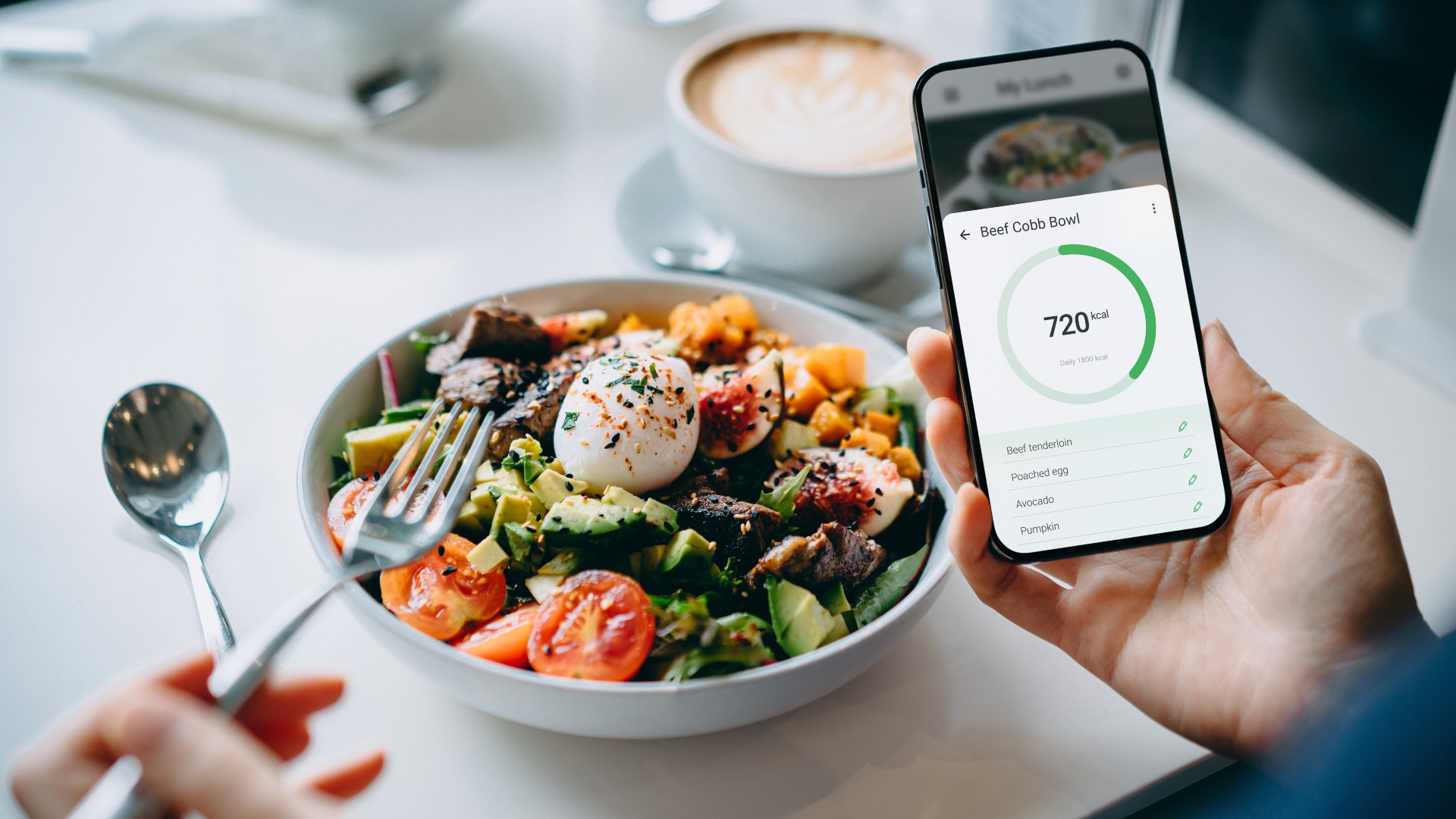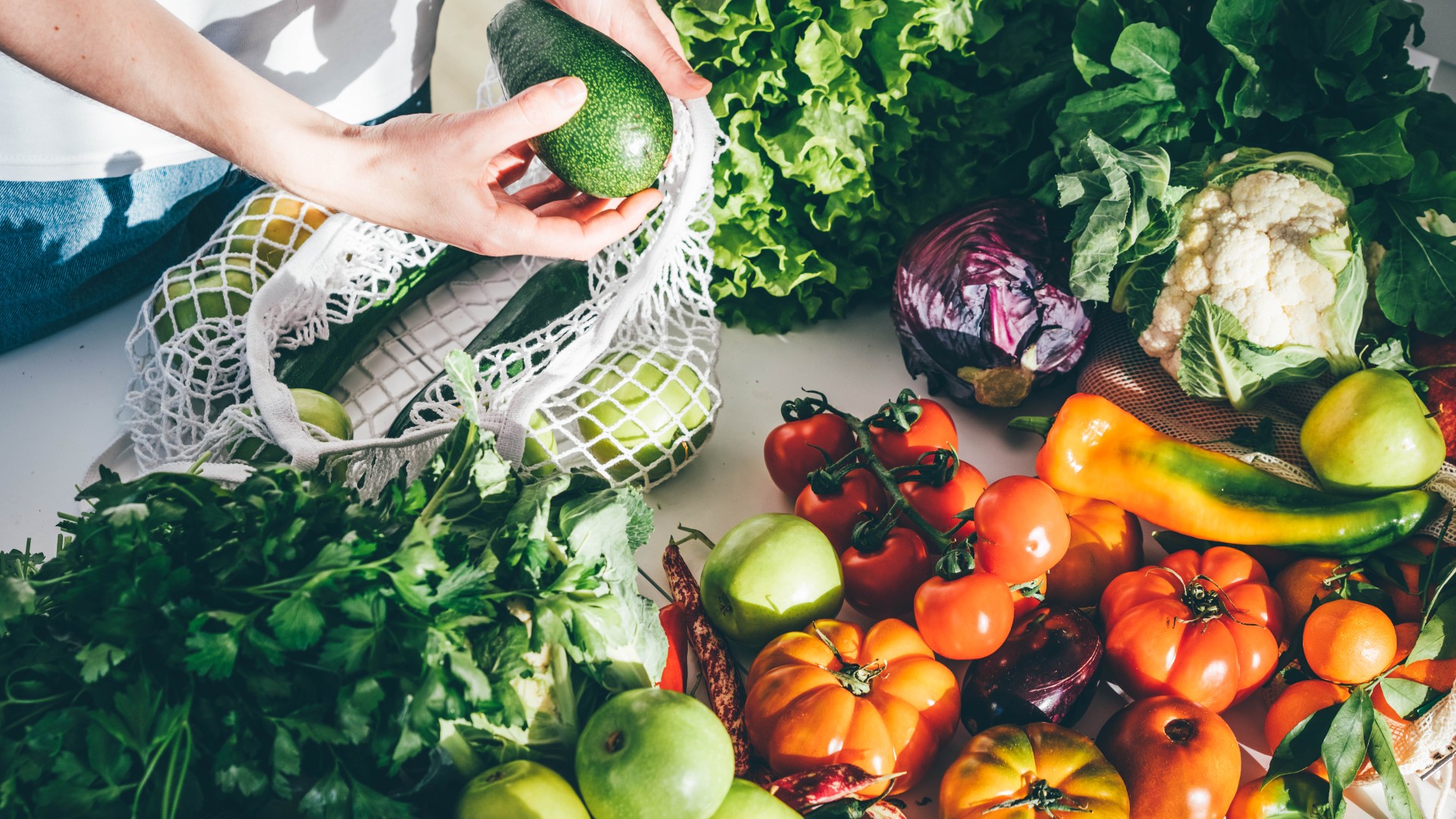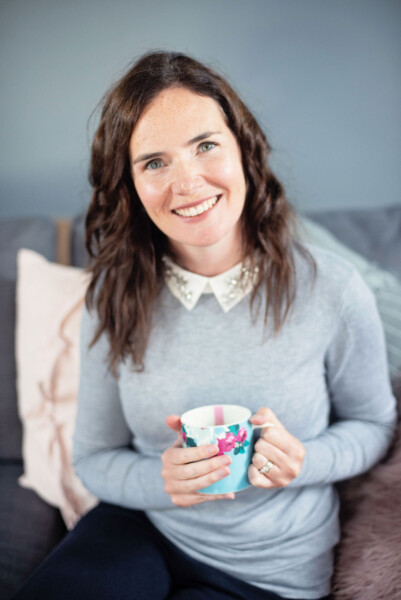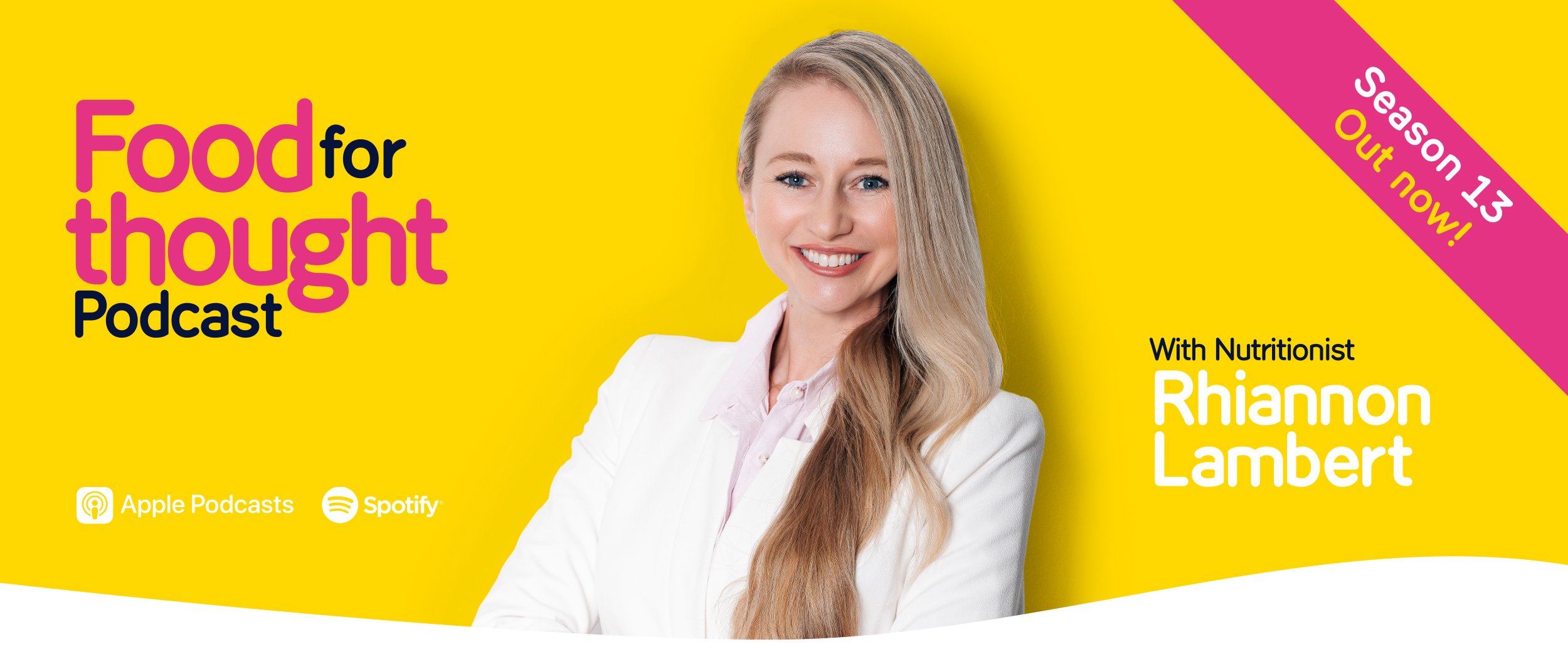
Counting calories and "tracking your macros" via a calorie counter are popular ways of keeping on top of your food intake if your goal is to lose weight, build muscle mass, or both. But is there a benefit to cutting the counting rather than cutting your calories? And could other methods benefit you more?
According to YouGov, approximately 27% of people globally, and 32% of all US consumers, count calories, while 42% disagree with totting up their intake. If your goal is to lose weight, a calorie deficit is considered the best way to do it; this involves burning more calories than you consume using a combination of exercise, increased daily activity, and calorie restriction.
But in recent years, we’ve seen a kickback against the physically and emotionally demanding nature of calorie restriction and the potential cost. I spoke with an expert dietician and nutritionist to see if counting calories does more harm than good and three ways to stay on top of your nutrition without the time-consuming — and all-consuming — nature of calorie counting. Here’s what I found out.
What is calorie counting?
Calorie counting is the trend of tracking how many calories you consume. Combined with regular exercise and other daily activities, it can help put you in a calorie deficit which (biologically) primes you for weight loss.
Food consists of two categories: macronutrients (macros, including carbs, protein, and fat) and micronutrients (minerals and vitamins). If you’ve ever heard someone mention macro tracking, they are calculating their intake of macros and calories; it’s a popular tool used for gym-goers and bodybuilders to help build muscle mass or lose weight.
Does calorie counting work?
“This is a question I'm asked about, time and time again,” says Rhiannon Lambert, registered nutritionist and host of the Food For Thought podcast. “Monitoring calories can help you reach the energy deficit needed to lose weight, but not all calories are nutritionally equal.”
Lambert explains that while calorie counting does help build awareness of your daily energy consumption, reducing calories to a number risks oversimplifying nourishment. “The body metabolizes foods differently. For instance, it may absorb more calories from a corn tortilla than from an equivalent amount of sweetcorn.
Calculating and planning every meal down to the gram and restricting what you want to eat is not going to nourish your mind and body,” Lambert explains. “Also, we may not need the same amount of macros per day. Our needs constantly change, and restriction ignores all the essential micronutrients we need to thrive.”
When should calorie counting be used?
Calories have proven useful in estimating the food requirements of large populations or providing national guidelines around the daily recommended calorie intake. For example, the current dietary guidelines for Americans recommend between 1,600-3,000 calories per day, depending on factors like age and gender.
But as a guide to eating well, Lambert warns they prove a mixed blessing. “While many people treat calorie estimates as concrete figures, they are at best approximations that do not take into account individual differences and areas like food absorption, metabolism, or the effects of cooking on increasing food’s digestibility.”
Get instant access to breaking news, the hottest reviews, great deals and helpful tips.
Calorie counting can also be helpful for elite sports athletes to optimize their performance or for guided weight loss if someone suffers from chronic disease or health problems. But this will be done under the care of medical professionals, and it’s best adopted as a temporary measure and for a fixed time.
How to lose weight without calorie counting
Relying strictly on apps or counting yourself could result in over or underconsumption, adding stress and increasing the chances of developing disordered eating patterns. The good news? You can still lose weight without counting calories. Here’s how.

Prioritize a healthy plate of food
Laura Clark, registered dietician and owner of Laura Clark Nutrition, warns that repeated dieting doesn’t work for most people in the long run. Research indicates that yo-yo dieting can lead to longer-term weight gain. It comes down to your individual fuel needs, so Clark recommends having a ‘macro chat’ with yourself.
A balanced diet including whole grains (slow-releasing carbs) will provide energy across the day, alongside consistent protein (including plant-based) consumption which is good for your muscles and helps you to feel sated. Clark also recommends plenty of fiber to aid digestion and unsaturated fats, including Omega 3 to help protect brain function and improve mood.
When your body is properly fuelled, you’re less likely to overeat or reach for the snack drawer later in the day, whereas a lack of fuel could lead to lethargy and quick-fix cravings.
Manage your stress
Clark warns that cortisol (while beneficial in some instances) increases your appetite, especially for carbs and fats. The risk? Stress-induced eating. Also, energy directs away from digestion when you’re in 'fight or flight’ mode, and (long-term) increased cortisol levels metabolically affect how you process food, potentially contributing to the accumulation of abdominal fat.
When your resources are limited, you are less capable of making better food choices; this can lead to a feeling of failure and depending on your willpower alone, which further creates that feeling of restriction. Clark recommends pulling back and looking at your broader behaviors and what is driving them, using a journal to make general notes on the types of foods you eat and emotional cues like when you feel tired and your mood.
It’s a tool for engaging with your body’s needs, alongside adequately managing your stress levels with social activities and exercise.
Go with your gut
Did you know that 70% of your immune system is found in your gut? A diverse gut comes from consuming plenty of good bacteria found in prebiotics and probiotics (think fermented products like kombucha) and between 20-30 plant-based foods a week.
Serotonin in the brain regulates mood and well-being but Clark explains that it’s also in the gut, where it supports digestion. The Lettuce Be Happy study found evidence to support that people who eat more fruit and veg report higher levels of well-being. Clark recommends aiming for upwards of five a day, preferably eight.
What’s more, a wealth of research indicates that a healthy, happy gut microbiome has direct links to weight loss, metabolism and improved overall health.
Feeling bloated after a workout? Here's why.
The bottom line
Willpower and stringent counting alone can’t promise success, but satisfying your body’s innate needs can lead to longer-term fulfilment.
Up next:
Here’s what happens to your body if you eat 1,000 extra calories a day and 3 simple ways to lose weight without dieting in 2022.

Laura Clark, BSc (Hons) Nutrition and Dietetics PgCert Sport and Exercise Nutrition, is the owner of Laura Clark Nutrition and also known as The Menopause Dietician. With over 20 years of experience, Laura aims to work with individuals to explore the changes and challenges of their lifestyles and promote healthier attitudes to food. She has appeared on various podcasts, the BBC and ITV.

Rhiannon Lambert is one of the UK’s leading nutritionists, Sunday Times bestselling author and chart-topping podcast host.
She founded Rhitrition in 2016, which specializes in weight management, sports nutrition, eating disorders, and pre- and post-natal nutrition.

Sam Hopes is a level 3 qualified trainer, a level 2 Reiki practitioner and fitness editor at Tom's Guide. She is also currently undertaking her Yoga For Athletes training course.
Sam has written for various fitness brands and websites over the years and has experience across brands at Future, such as Live Science, Fit&Well, Coach, and T3.
Having coached at fitness studios like F45 and Virgin Active and personal trained, Sam now primarily teaches outdoor bootcamps, bodyweight, calisthenics and kettlebells.
She also coaches mobility and flexibility classes several times a week and believes that true strength comes from a holistic approach to training your body.
Sam has completed two mixed doubles Hyrox competitions in London and the Netherlands and finished her first doubles attempt in 1:11.
 Club Benefits
Club Benefits





